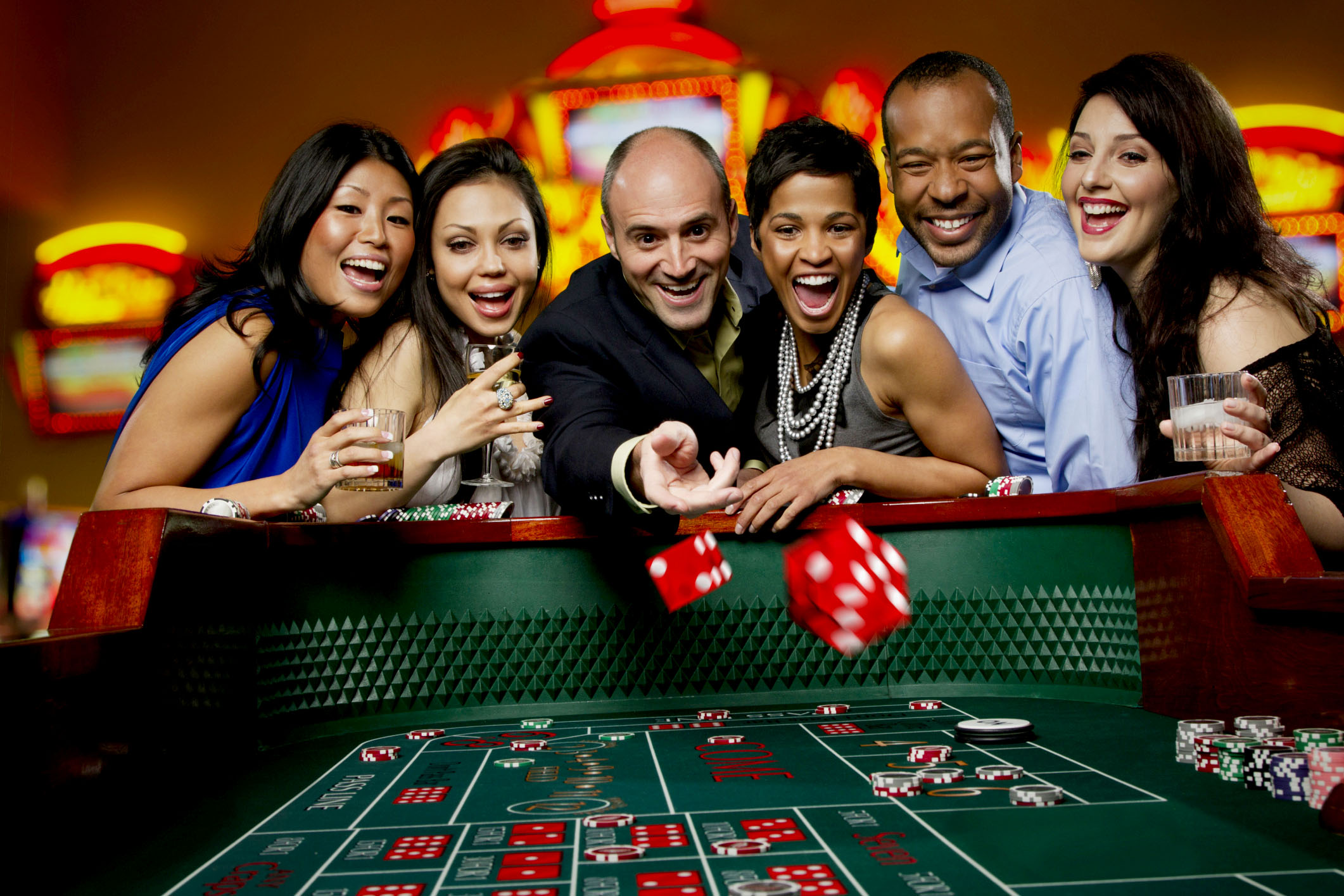
Casino games have long been a staple in human culture, delivering not just entertainment but a fascinating reflection of our aspirations, wishes, and fears. From the spinning reels of a slot machine to the tactical play of poker, these games encapsulate a spectrum of human emotions and experiences. No hu doi thuong At their core, casino games are more than a chance to earn cash; they are a reflection of life itself, where danger and gain converge and luck can change in an eye blink.
As players convene around tables or sit in front of glowing machines, they take part in a ritual that transcends mere playing. These games reflect our natural desires for relationships, excitement, and the quest for chance. They also unveil deeper truths about human behavior, such as our relationship with fate and the adrenaline of the unknown. In exploring casino games, we uncover not only the mechanics of play but also the complex weave of the human story, showcasing our intertwining narratives of hope and reality.
The Psychology of Gambling
Gambling is deeply rooted in the psyche of individuals, tapping into various feelings and wants. The excitement of taking risks is a core aspect that draws players in, whether it’s thrill of spinning a roulette or the excitement of drawing a winning hand in poker. This adrenaline is frequently likened to other forms of thrill, as the unpredictability of outcomes triggers a distinct psychological response. Gamblers often become entranced by the chance of winning big, leading to an almost magnetic draw toward casino games.
Additionally, a crucial component of the psychology behind gambling is the concept of hope and ambition. Participants often nourish fantasies of financial freedom and the luxurious lifestyle that can follow winning. This optimism fuels their ongoing participation in casino games, as it provides a sense of meaning and the conviction that a life-changing win could be just one wager away. The narrative of beating the odds and finding success resonates with many, reinforcing their dedication to play and involve themselves with these games.
Lastly, social dynamics play a significant role in gambling psychology. Casino environments are designed to foster social interaction, where gamblers gather to share the journey of wins and losses. This shared aspect not only enhances enjoyment but also affects behavior, as individuals often imitate the actions of others in their vicinity. The social validation found in mutual thrill can magnify the emotional experience, making casino games a mirror of not just personal desires but also collective engagement within the gambling community.
### Risk and Reward: A Double-Edged Sword
Casino games embody the fragile balance between danger and reward that resonates deeply with human psychology. The rush of placing a wager is often accompanied by a jolt of energy, as players are confronted with the prospect of striking it rich, yet fully aware of the risk to lose. This bipartisan experience reflects a fundamental aspect of life: the choices we make often come with intrinsic risks, and the chase for gain can compel us to make risky moves we might not normally consider. In this way, gambling activities echo real-world choices, enticing gamblers to gamble not just their money, but also their hopes.
The allure of grand jackpots and payouts fuels a wave of hope, inspiring players to envision a better future that could manifest from a lucky spin of the wheel or dealing of a hand. This optimism can motivate individuals to engage in riskier behaviors, encouraging them to push their boundaries in search of financial gain. However, just as in life, the results of these risks can lead to both victory and loss. The stories of both big winners and those who have suffered everything at the casino demonstrate the chaotic nature of luck and its consequential repercussions on our futures.
Ultimately, the interaction of engaging with gambling activities serves as a vivid illustration of the nature of humanity. Every game played is filled with the tension of uncertainty, as players weigh the rewards against the dangers. This dynamic not only highlights the thrill that comes with betting but also unveils the risks that come with the desire for more. As we journey through the challenges of decision-making and consequence in both the gambling world and in life, we find that the pursuit of risk and reward shapes our identities and experiences in profound ways.
Culture and Isolation in Gambling Culture
Casino culture is a distinct mix of communal interaction and personal endeavor, reflecting the tensions of individual experience. Gamblers often come together around tables, sharing in the excitement of the action, rejoicing in wins, and commiserating over losses. This communal aspect is vital, as it fosters a sense of community and bonding among varied groups of people. Regular attendees to casinos may build friendships and develop routines, turning the casino into a second home where they feel connected to a larger community of gamblers.
However, the attraction of gambling games can also result to loneliness. As individuals become immersed in the thrill of gambling, they may isolate from personal connections or fail to engage with the world outside the casino. For some, the pursuit of a windfall can overshadow genuine connections, leading to loneliness. The experience of being surrounded others yet feeling solitary is not rare, as the focus shifts from shared enjoyment to the private stakes of each player’s journey.
This interaction of society and solitude creates a rich mosaic that defines gaming culture. It showcases the complexity of social interactions, where happiness and despair coexist. Casinos serve as both a refuge for social interaction and a stage for individual challenges, demonstrating how deeply entwined our yearning for companionship and the personal quest for fortune can be. In navigating this landscape, gamblers confront their own stories—seeking both the rush of the game and the companionship of other gamblers, eventually reflecting the broader spectrum of human experience.